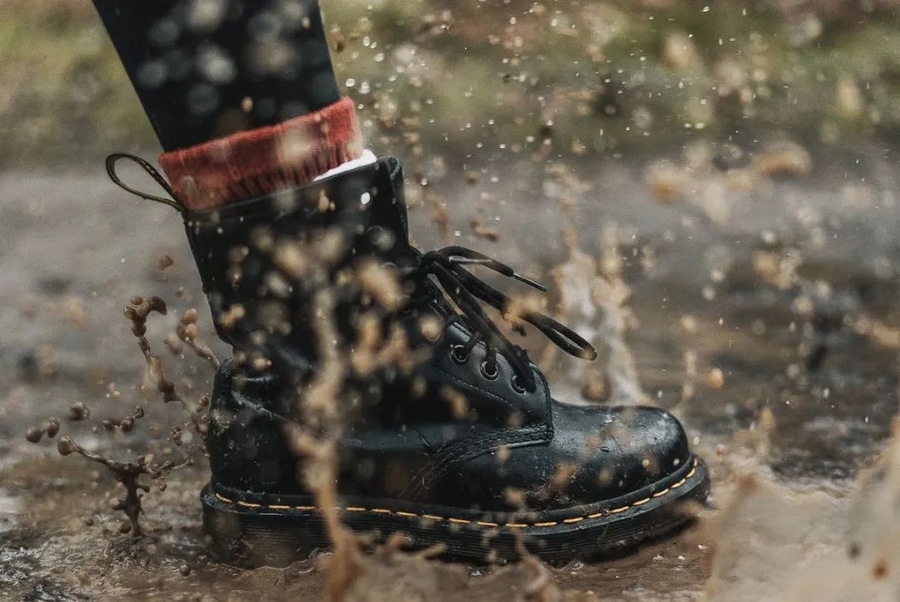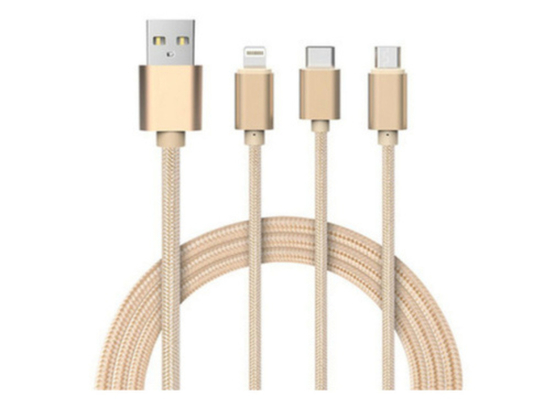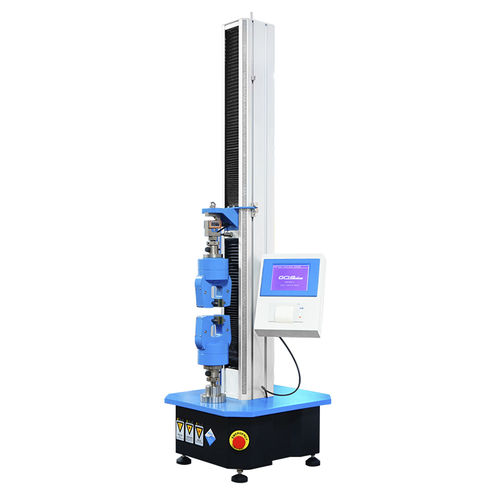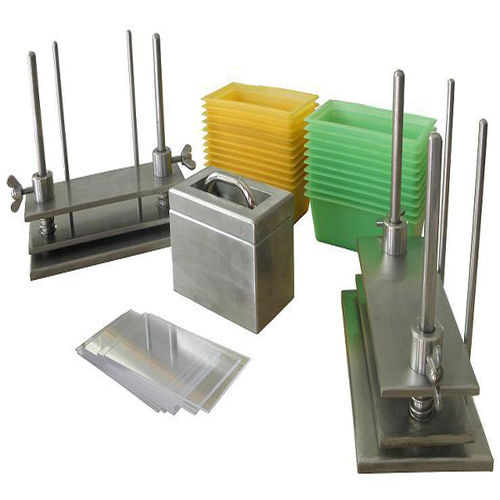
#Product Trends
Taber Abrasion Tester
HD-P304
According to data released by the Foreign Trade Secretariat (Secex) of the Brazilian Ministry of Economy, from January to September 2020, Brazil exported a total of 121.3 million square meters of leather, with an export value of 679.6 million US dollars, a decrease of 12.6% and 24.7%. According to statistics, most of the leather products exported from Brazil go to China. Data show that in the first nine months of this year, China was the main buyer of Brazilian leather, accounting for 34.3% of Brazil's total leather export area, followed by Italy (18.8%) and the United States (9.2%).
Furthermore, although the leather market is relatively stable, it is also being adversely affected by the emergence of other vegetable or synthetic fabrics. José Bello (CICB) of the Brazilian Tannery Industry Center (CICB) said: "In the past five years, the leather industry has suffered a lot due to the entry of these materials." Other competing materials are more durable and more sustainable. Currently, leather still holds a large market share in markets such as wallets, belts and jackets.
One, use
The operation test is applicable to the wear test of leather, cloth, paint, paper, floor tiles, plywood, glass, natural rubber, etc. The method is to cut the test piece with a standard cutter, use a specified type of grinding wheel, and load a certain weight to wear it. After reaching the specified number of revolutions, take out the test piece, observe the condition of the test piece after grinding or the weight difference between the weight of the test piece before the test and the weight after the test. The formula for calculating the wear index: weight lost by wear / number of test revolutions × 1000 for the number of grinding wheels to choose from : H-18, H-22, CS-10, CS-17, CS-32, CS-33
Reference standards: DIN-53754, 53799, 53109, 52347, TAPPI-T476, ASTM-D1044, D3884, ISO-5470
Result Judgment: After the set number of times is reached, observe the damage degree of the sample or the number of tests for the damage degree of the sample.







